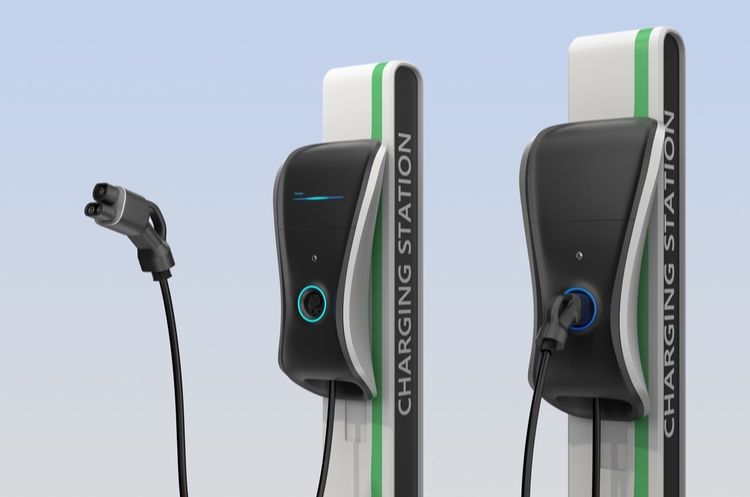BCUC Report Finds No Need For Regulation of Public EV Charging Stations

On November 26, 2018, the British Columbia Utilities Commission (BCUC) issued its Phase I Report from its Inquiry into the Regulation of Electric Vehicle (EV) Charging Service. In this Report, the BCUC found that the public EV charging market does not exhibit monopoly characteristics and economic regulation is not required to protect consumers. The BCUC recommends that the B.C. government issue an exemption with respect to the BCUC's regulation of EV charging services, but retain oversight of safety.
As discussed in an earlier post, the BCUC’s Inquiry evolved out of an application by FortisBC Inc. for approval of an EV charging rate for service at FortisBC-owned charging stations. The BCUC approved the requested rate on an interim basis in January 2018, but also adjourned the FortisBC application in favour of conducting the general inquiry into whether and how EV charging in British Columbia should be regulated.
The BCUC has taken a phased approach to the inquiry. In the first phase, the BCUC looked at the following questions:
- Is a person who offers EV charging services a “public utility” under applicable legislation?
- Should entities not otherwise public utilities supplying electricity to EV end users be regulated at all?
After receiving evidence and argument from a large number of interested parties, the BCUC issued the Phase I Report. Among the key findings are the following:
- The EV charging market is not a monopoly because there is more than one service provider, and the public EV charging market does not exhibit monopoly characteristics.
- A person providing EV charging services for compensation is a “public utility” under applicable legislation, because these services involve providing electricity “for compensation,” even if the “compensation” is indirect (such as a parking fee).
- The regulation of all EV charging services, to the extent that the provider is not already considered to be a public utility under applicable legislation, is not required to protect the public interest. This is a situation where competition will ensure that the service provider has little or no ability to exercise monopolistic behaviour to the detriment of ratepayers and the public interest.
Taking these findings into account, the BCUC recommends that the B.C. government should exempt EV charging services from regulation for those entities that are not already a public utility under applicable legislation.
In Phase II of the Inquiry, the BCUC plans to look at the role of non-exempt public utilities in the EV charging market. The BCUC has requested that interested parties provide evidence and submissions on ten questions, including:
- How can exempt and non-exempt public utilities co-exist in the EV charging services market?
- What role do non-exempt public utilities have in kick-starting the EV charging services market?
- Should a public utility create a separate non-regulated business entity to provide EV charging services?
- What are the justifications for non-exempt public utility ratepayers (and potentially non-EV customers) to subsidize the costs of EV charging services?
- What is a non-exempt public utility's obligation to serve EV charging customers?
The BCUC’s Executive Summary of the Phase I Report suggests that Phase II will commence early in 2019.

